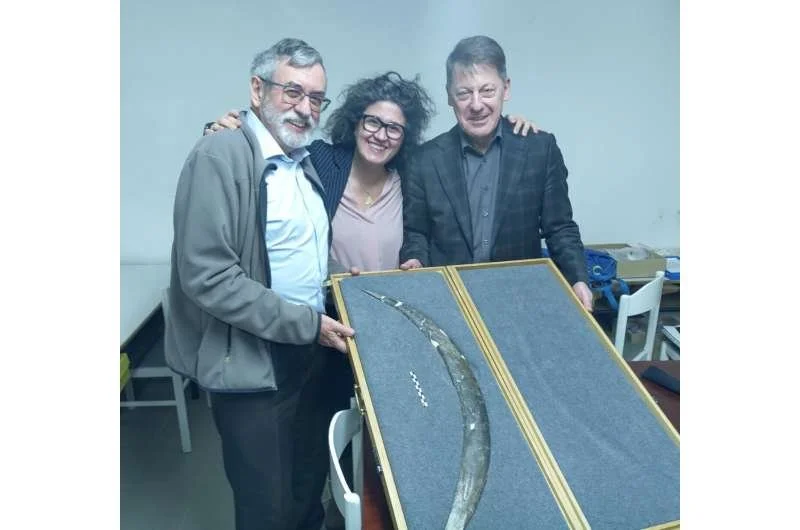The discovery of the Greek-Illyrian helmets in southern Croatia offers valuable insights into the history of the Illyrians and challenges previous understandings of their culture and interactions with neighboring civilizations.
Firstly, the presence of these helmets suggests a deeper level of cultural exchange and interaction between the Illyrians and the Greeks than previously thought. The helmets were not simply artifacts of warfare but were likely deposited as votive offerings in a religious or ceremonial context. This implies a level of cultural assimilation or at least peaceful coexistence between the Illyrians and Greek settlers in the region during the 5th or 6th century BC.
Moreover, the discovery of numerous burial mounds in the area, along with the deposition of valuable artifacts like the helmets, indicates the spiritual significance of these sites to the ancient Illyrians. These findings challenge the traditional view of Illyrian society as solely tribal and nomadic, suggesting a more complex social structure and religious belief system.
The subsequent Roman conquest of the Illyrian tribes, as evidenced by the abandonment of cultural sites and settlements approximately 500 years after the time of the helmets, highlights the profound impact of external forces on the region's history. The Roman conquest likely disrupted existing socio-political structures and cultural practices, leading to the decline of Illyrian civilization in the eastern Adriatic.
Overall, the discovery of the Greek-Illyrian helmets in Croatia not only enriches our understanding of ancient Illyrian culture but also prompts a reevaluation of the region's history from a more nuanced and inclusive perspective, challenging traditional colonial narratives and highlighting the interconnectedness of ancient Mediterranean civilizations.







